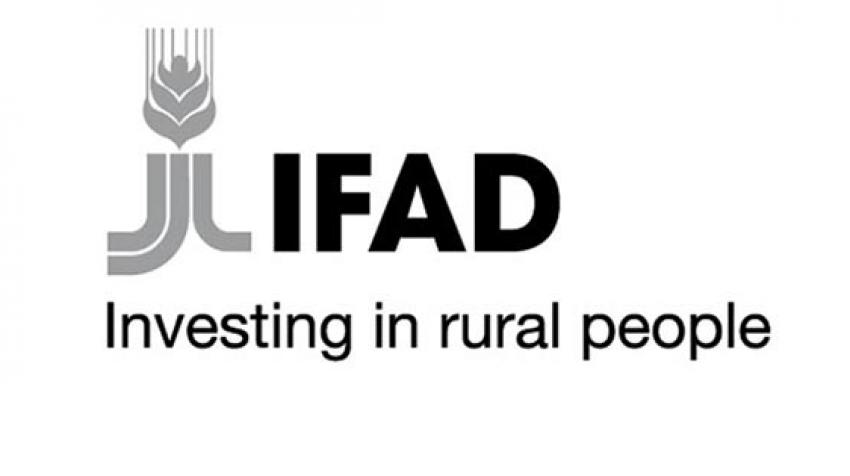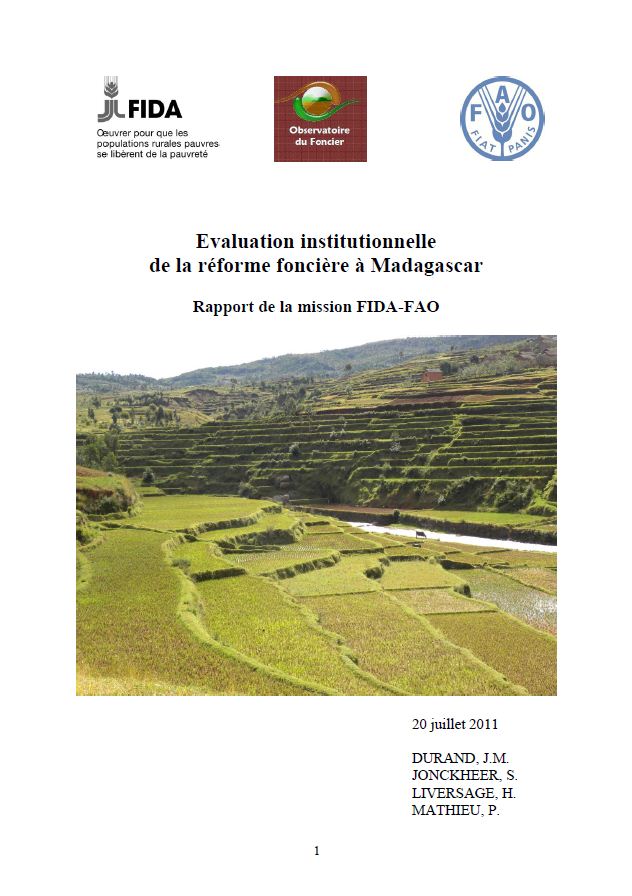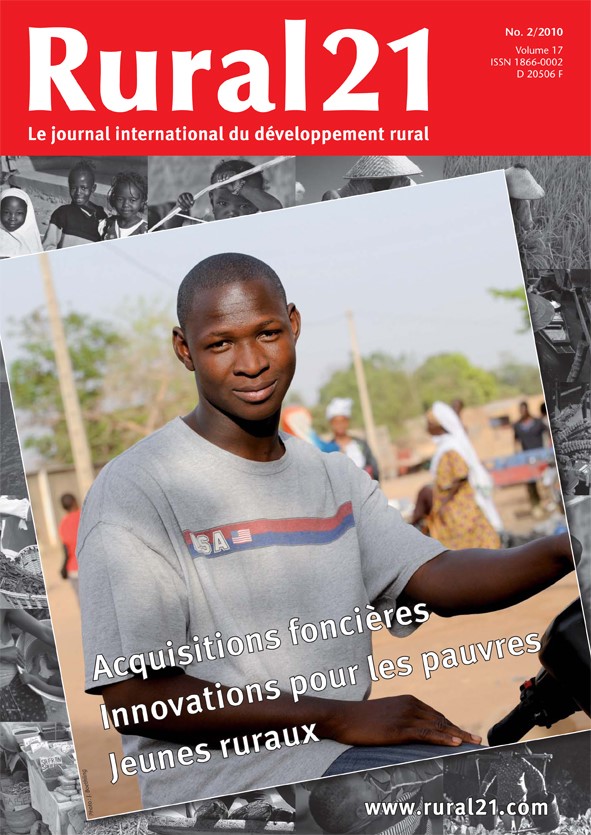Focal point
Location
The International Fund for Agricultural Development (IFAD), a specialized agency of the United Nations, was established as an international financial institution in 1977 as one of the major outcomes of the 1974 World Food Conference. The Conference was organized in response to the food crises of the early 1970s that primarily affected the Sahelian countries of Africa. The conference resolved that "an International Fund for Agricultural Development should be established immediately to finance agricultural development projects primarily for food production in the developing countries". One of the most important insights emerging from the conference was that the causes of food insecurity and famine were not so much failures in food production, but structural problems relating to poverty and to the fact that the majority of the developing world's poor populations were concentrated in rural areas.
IFAD's mission is to enable poor rural people to overcome poverty.
IFAD is dedicated to eradicating rural poverty in developing countries. Seventy-five per cent of the world's poorest people - 1.4 billion women, children and men - live in rural areas and depend on agriculture and related activities for their livelihoods.
Working with rural poor people, governments, donors, non-governmental organizations and many other partners, IFAD focuses on country-specific solutions, which can involve increasing rural poor peoples' access to financial services, markets, technology, land and other natural resources.
Resources
Displaying 61 - 65 of 102Land policy in Africa: a framework to strengthen land rights, enhance productivity and secure livelihoods
Africa’s development remains dependent on agriculture and exploitation of natural resources, yet agriculture and livestock production are largely carried out by smallholder farmers under increasing pressure of scarce land resources managed under unsecured customary land ownership. African governments are seeking to address tenure insecurities to promote sustainable rural and urban development, and to address inequalities in land ownership between different social groups.
Evaluation institutionnelle de la réforme foncière à Madagascar
The evaluation report of FIDA and FAO summarizes the lessons learned from the land reform in Madagascar. Overall it comes to the conclusion, that the reform meets a genuine demand for a simplified, decentralized, accessible system to obtain security of land tenure, at least in a large number of communes and regions. But it also identifies difficulites and challenges to be met and formulates further recommendations.
Rural women's access to land and property in selected countries: Progress towards achieving the aims of the Convention on the Elimination of all forms of Discrimination against Women (CEDAW) INCLUDING 2010 UPDATE
In 2010, the ILC Secretariat decided to update information contained in the 2004 publication, so as to have a new basis to work more closely with and through CEDAW at national level. The update gives more visibility to the CEDAW Committee’s Concluding Observations and, accordingly, also to the CSOs’ shadow reports feeding them. This inclusion offers a more critical and comprehensive, if preliminary, overview of the situation of rural women in selected countries. NOTE: The 2004 publication is also available through this site.
Le défi de l'élevage
Dans les pays en développement, l'élevage représente plus d'un tiers du produit intérieur agricole brut ; la croissance et la transformation rapides du secteur de l'élevage dans de grandes régions de la planète ont débouché sur une amélioration des revenus et de la situation alimentaire d?un grand nombre de personnes. Cette « révolution de l'élevage » a cependant largement négligé les producteurs pauvres ; elle a, en outre, accru le risque de zoonoses et été à l'origine de dégradations environnementales.
Cadre et lignes directrices sur les politiques foncières en Afrique : politiques foncières en Afrique:un cadre pour le renforcement des droits fonciers, l'amélioration de la productivité et des conditions d'existence
En 2006, la Commission de l’Union africaine, le CEA et la BAD ont enclenché un processus d’élaboration d’un cadre général et lignes directrices sur les politiques foncières et les réformes foncières en Afrique avec pour objectif de sécuriser les droits fonciers, d’améliorer la productivité et les conditions de vie de la majorité de la population du continent.








